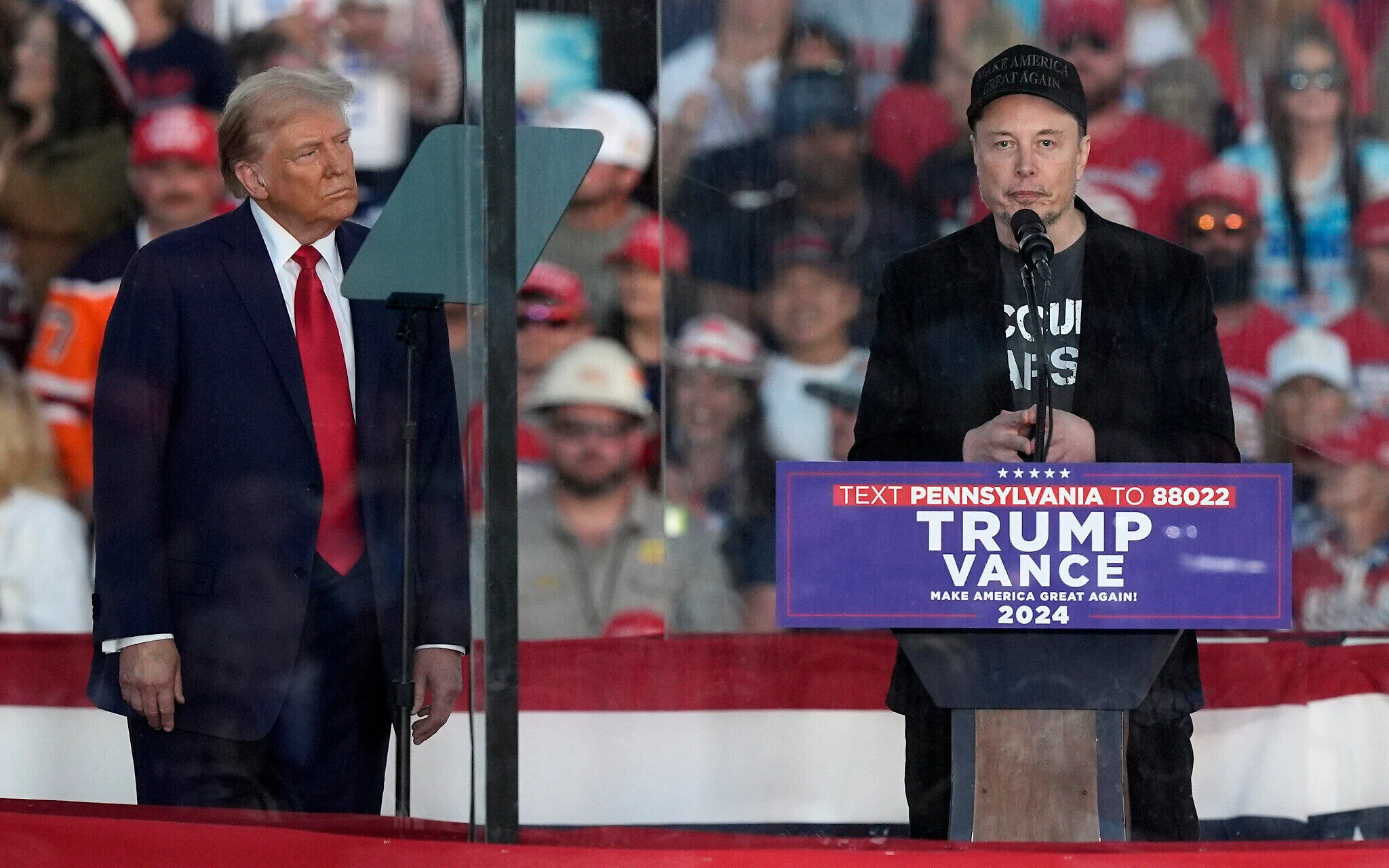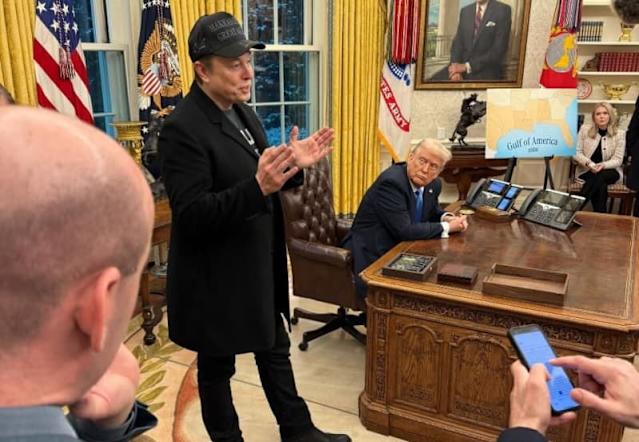The Trump administration on Monday unveiled a sweeping initiative to fast-track mining operations for critical minerals across the United States, signaling the beginning of what it calls the “first wave” of domestic mineral production projects aimed at reducing America’s dependence on foreign sources—especially from adversarial nations like China.
The U.S. Department of the Interior, in coordination with the Departments of Energy and Defense, has approved multiple new mining projects as part of an aggressive effort to ramp up extraction of rare earth elements, lithium, cobalt, nickel, and other resources essential to national defense and economic security.
President Donald J. Trump’s team described the move as a “strategic imperative” that reflects the administration’s commitment to rebuilding American industry and restoring U.S. energy and manufacturing independence after years of foreign reliance.
“America must not remain vulnerable to the whims of foreign powers who control the minerals we need to fuel our economy, our infrastructure, and our defense,” said Interior Secretary Rick Dearborn during Monday’s announcement. “This initiative represents a revival of American strength, resilience, and sovereignty.”
The announcement comes as Trump’s America First energy policy continues to gain momentum in his second term. The administration’s newly unveiled roadmap fast-tracks environmental reviews for key mining sites, prioritizes domestic investment, and removes regulatory barriers that previously stalled or killed numerous mining ventures under Democrat administrations.
As part of this wave, at least 15 high-priority projects across multiple states have been approved, including operations in Nevada, Arizona, and Wyoming—states rich in rare earth deposits and previously targeted by the Biden administration for restricted development under so-called “climate initiatives.”
Supporters of the initiative hailed it as a win for U.S. workers and a necessary pivot to secure supply chains that have long been dominated by China. Critics during the Biden years ignored the national security implications of offshoring mineral extraction and processing, which many now view as a dangerous miscalculation.
“This is about putting Americans back to work in high-paying, strategic jobs and taking back control of our economic destiny,” said a senior White House official. “We’re not going to beg China for the materials needed to power our future—we’re going to dig them up right here at home.”
Trump’s move also undercuts the narrative pushed by progressive environmentalists who have routinely opposed domestic mining under the guise of “sustainability,” even while their green energy agenda relies heavily on minerals sourced from hostile regimes with lax labor and environmental standards.
Under the new policy, the Bureau of Land Management and U.S. Forest Service are expediting permitting timelines while ensuring environmental standards are met without unnecessary red tape. Trump officials argue the previous system was designed to kill projects through bureaucratic delay rather than honest oversight.
By contrast, the administration’s fast-track authority aims to deliver results within months—not years—and leverages Trump-era executive orders prioritizing critical mineral independence as a matter of national security.
Drilling and excavation for lithium, cobalt, and rare earths is expected to begin as early as summer 2025, with Trump officials projecting full-scale operations in some locations by the end of the year. Industry leaders praised the move and pledged rapid deployment of equipment and labor.
“We’ve waited years for this green light,” said Joe Elkin, CEO of a Nevada-based mineral development firm. “This administration gets it—they understand that without domestic mining, there’s no national security, no manufacturing boom, and no tech innovation.”
The timing of this initiative is particularly notable given growing tensions with China, which has repeatedly threatened to restrict exports of rare earth minerals to the United States. Trump’s expansion sends a message that the U.S. is no longer willing to accept such economic blackmail.
The administration emphasized that the first wave is only the beginning. According to the White House, a second phase involving refinery construction and advanced mineral processing facilities is expected to be announced later this year.
The move aligns with President Trump’s broader strategy of re-industrializing America and cutting dependency on unreliable foreign nations. His administration has already boosted domestic oil, gas, and nuclear development, and the mining expansion is seen as the natural next step in a comprehensive America First energy and resource policy.
Trump’s action is likely to become a defining issue heading into the 2026 midterms, as conservative voters and energy-sector workers rally behind his policies, while progressive activists and far-left environmental groups find themselves increasingly sidelined.
With this launch, the Trump administration has drawn a sharp line between American self-reliance and globalist dependence—a line many voters are eager to see enforced.





